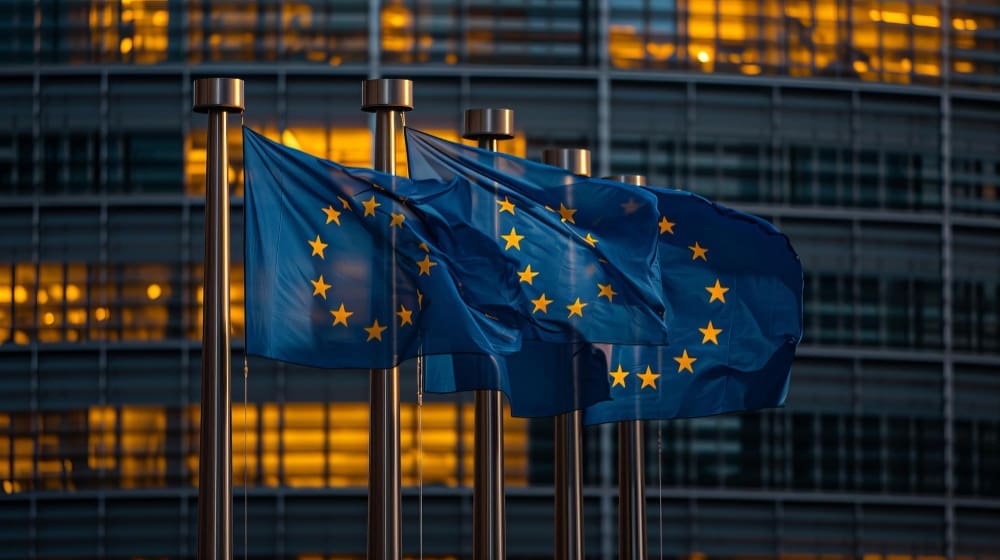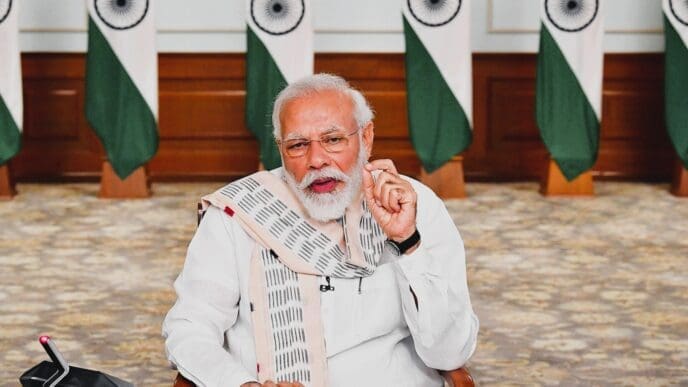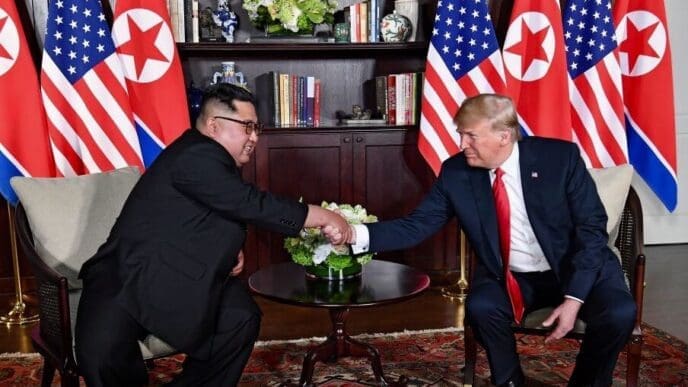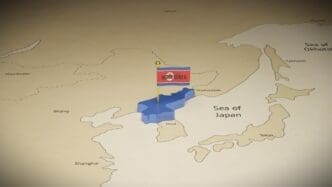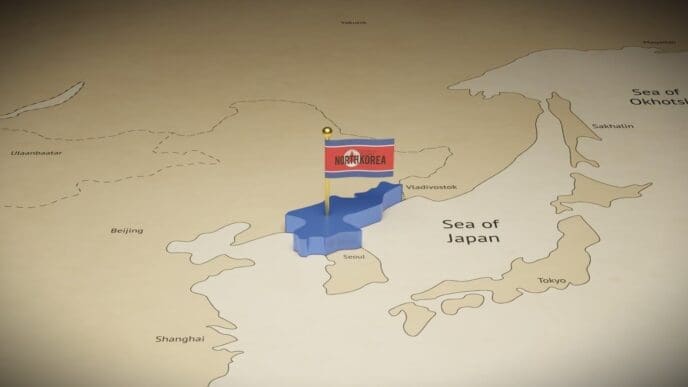The European Union has announced a significant financial aid package, amounting to €1.6 billion, aimed at supporting the Palestinian Authority and funding various projects across the West Bank, Jerusalem, and the Gaza Strip. This initiative coincides with Israel’s recent intensification of its military operations in Gaza.
A substantial portion of this financial assistance, over one-third, is designated as direct budget support to the Palestinian Authority. The primary goals are to enhance financial sustainability, promote democratic governance, and bolster services that will aid in the development of the private sector. The EU’s Mediterranean Commissioner emphasized the program’s focus on building a sustainable future for the Palestinian people, advancing economic recovery, and fortifying the private sector’s resilience.
Following discussions in Luxembourg with the Palestinian Prime Minister, it was underscored that a well-functioning and reformed Palestinian Authority is crucial for effective governance in Gaza post-conflict. Over €576 million in grants will be allocated to various projects within the Palestinian territories, with €82 million earmarked for the UN agency for Palestinian refugees, UNRWA. Additionally, the private sector stands to gain from up to €400 million in low-cost loans from the EU, the leading aid donor to the Palestinians.
Amidst these developments, the situation in Gaza remains volatile. On Sunday, an Israeli strike targeted a hospital in northern Gaza, prompting an evacuation of patients as attacks intensified. The Gaza Health Ministry reported that the Al-Ahli Hospital in Gaza City was hit following an evacuation warning from Israel. During the evacuation, one patient died due to the inability of staff to administer urgent care. Israel stated that the strike aimed at a Hamas command center located in the hospital and asserted that measures were taken to minimize harm.
Hamas condemned the strike on the hospital as a “new war crime” and accused Israel of targeting Gaza’s health infrastructure. The conflict in Gaza erupted after a Hamas-led attack on southern Israel on October 7, 2023, resulting in the deaths of 1,200 people, primarily civilians. While most of the 251 hostages taken during the attack have been released through negotiations, 59 remain, with 24 believed to be alive. The Hamas-run health ministry reports over 50,000 Palestinian fatalities in Gaza, without distinguishing between combatants and civilians.
The Bigger Picture
The European Union’s financial aid package holds significant implications for the Palestinian territories, potentially influencing both the economic and political landscape. By providing substantial budget support, the EU aims to stabilize the Palestinian Authority, fostering improved governance and economic resilience. This infusion of funds could lead to enhanced public services, benefiting the daily lives of Palestinians in the West Bank, Jerusalem, and Gaza.
For the private sector, the availability of low-cost loans presents opportunities for business growth and development, contributing to economic recovery amid ongoing conflict. However, the continued military operations in Gaza pose challenges to the effective utilization of this aid, as infrastructure damage and instability could hinder project implementation and economic progress.
Overall, the EU’s initiative underscores a commitment to supporting peace and development in the region. Yet, the success of these efforts depends on achieving a stable and secure environment that allows for meaningful progress in Palestinian governance and economic recovery.

